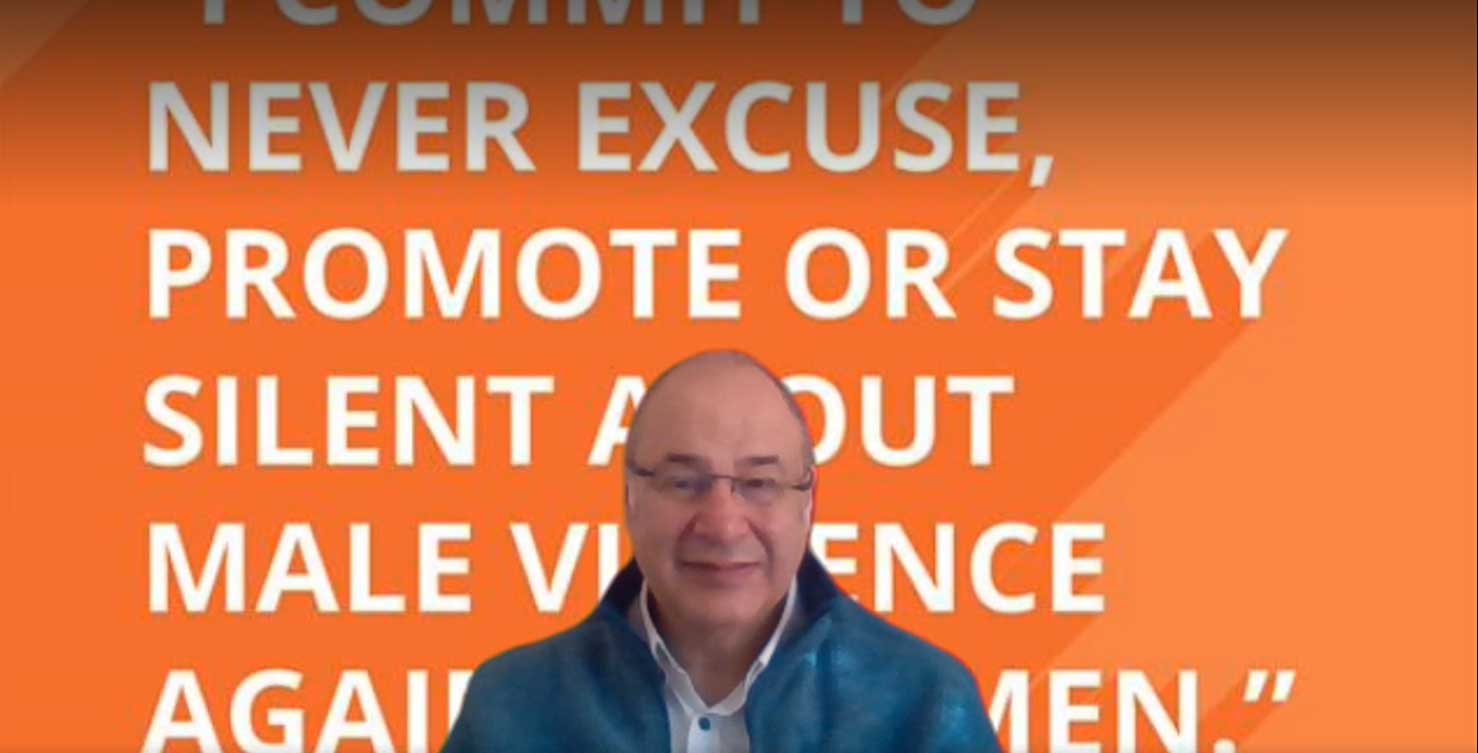Domestic abuse against men recently made the news with a high-profile case between Johnny Depp and Amanda Heard. However, it’s often ignored for many reasons.
I’m 6’1, she’s 5’ nothing, who’s going to believe I’m the victim?
Or we might hear
I should man up! How can a man be a victim of domestic abuse?
It’s a common misconception than only women suffer from domestic violence. However, anyone can be a victim. Men, women and children, regardless of age, gender or sexual orientation, can be and often are, victims.
1 in 3 victims of domestic abuse are male. 1 in 6 men will experience domestic abuse in their lifetime. Over the last year, 700,000 men have suffered from domestic abuse in the UK. While we have seen a decrease in some other violent crimes, this is not the case with domestic violence and abuse. And these are numbers from people who have come forward. We know many men often suffer in silence for many years.
What does domestic abuse look like for men?
It’s much the same as we see for women. That is:
- isolation
- coercive and controlling behaviour
- sexual abuse
- physical abuse
- economic abuse
- false allegations
- stalking
It’s not limited to these behaviours but they are very common.
Most men don’t realise they are victims of domestic abuse. Not until the isolation and control is so bad that they feel imprisoned. Men will often experience extreme coercive control and the physical abuse is not uncommon. A woman is more likely to injure a man by stabbing and physical assaults will often need medical help.
Why don’t men come forward earlier?
There are various barriers to men seeking support. These include:
- lack of support services
- fear of not being believed
- fear of being ridiculed
- perceived loss of masculinity
- not knowing where to go
- perception that support services are for women only
- unhelpful police attitude
- perception that violence against men is not as serious as violence against women
Men might also see themselves as a provider/protector and love their partner. They are often unwilling to press charges or to get their partner in “trouble”. This is similarly the case in male-on-male violence and abuse. Violence is often extreme and leads to serious injury.
I have a friend whom I believe may be a victim, how can I tell?
You might see changes in:
- behaviour or demeanour
- physical appearance or clothing.
- social patterns (are they spending less time with work colleagues or less socialising with friends and colleagues?)
- work behaviour
If you are unsure or you are concerned, contact PARAGON.
I think I am being abused, what can I do?
If you are in immediate danger, call 999.
Or call PARAGON and talk to someone about what you’re going through and discuss how we can help. We have male and female support staff who have many years’ experience in supporting survivors of domestic violence and abuse.
Dragonfly Workshops
You can sign on for free Dragonfly Workshops. The Dragonfly Project develops community-based support for people affected by domestic abuse. Dragonfly champions are trained to provide a listening ear and a link to domestic abuse support agencies so that people who are isolated have access to help.
Blog by:

Andreas Cosma
Sanctuary/Target Hardening DVA Worker



